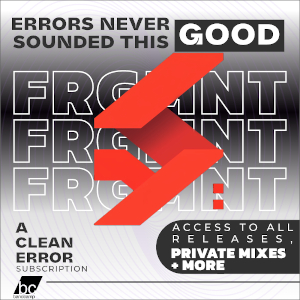Dublab is a kind of beat music super-posse, a non-profit encouraging “positive” and gloriously unclassified music, art and culture.
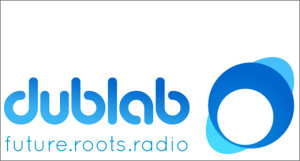 There are so many inviting digital quays in which to berth, it’s hard to choose any single one as home port. All sorts of mix clouds, band camps, internet audio archives and alternative music academies and electronics arts collective, encouraging the “home schooling” and dissemination of the work of the bedroom community, teaching, hosting events, starting careers, distributing. The Centrifuge in the UK, Percussion Lab in New York, Red Bull Academy. The kind of hub that offers the distant but curious drifting listener a rich library of debuts, podcasts and mixes.
There are so many inviting digital quays in which to berth, it’s hard to choose any single one as home port. All sorts of mix clouds, band camps, internet audio archives and alternative music academies and electronics arts collective, encouraging the “home schooling” and dissemination of the work of the bedroom community, teaching, hosting events, starting careers, distributing. The Centrifuge in the UK, Percussion Lab in New York, Red Bull Academy. The kind of hub that offers the distant but curious drifting listener a rich library of debuts, podcasts and mixes.
And yet Dublab in Los Angeles is perhaps the most attractive slice of aetherside real estate—hear for example the recent and remarkable sounds from Subsaharan cellphones. Dublab is a kind of beat music super-posse, a non-profit encouraging “positive” and gloriously unclassified music, art and culture. It recently celebrated its bar mitzvah, hosted by local associates Friends of Friends, Peanut Butter Wolf and Teebs. Along with the vast amount of material continually being added to its archives, Dublab puts out the occasional physical release, almost each and every one sure to make anyone’s record collection that much better.
Artistic director Alejandro Cohen has curated two unique collections from his homeland. Post Coup/New Coup is a collection of post-punk and new wave from Buenos Aires in the sanguine years directly following the end of junta rule in 1983, optimistic, inclusive pop, a Spanish-language cousin to Postcard Records in Scotland and the then-burgeoning indie pop scene, mixing mainstream, hit acts with obscure bands who released their music in small cassette runs.
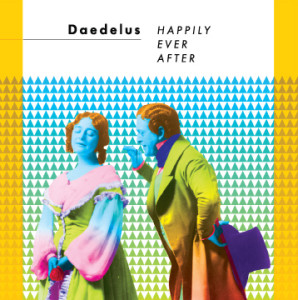 For maximum Dublab effect, I suggest a couple of kid-in-a-candy-shop mixes. Dntel’s Dying Songs Mix is christened after his own radio show and would serve as the perfect soundtrack to a wake for an angelic, Marc Bolan-like pop star—lovesick violins, rumbling and tumbling horns and pipes and quasi-Celtic guitar melodies sliding effortlessly and logically into a momentum-gaining African head charge, Toytronic glitch backed by full orchestration and puttering, psychedelic soft shoe. Dntel mixes entire songs into his presentation, including swaying Nyabinghi hymns of Jah praise and doe-eyed lover’s rock. Happily Ever After was assembled by one-man pirate radio station/R&D department Alfred Weisberg-Roberts, also known as Daedalus. Born in nearby Santa Monica, he too boasts a thick international portfolio, but this mad dance mix is something extra special and its driving pace the dancer’s eminently renewable propellant. Disco divas, dub skank, a thousand and one James Bond strings, electric slides and high-concept beat mixology rounded off with eighties weeper “Everybody’s Got to Learn Sometime” for that last, slow dance. Here comes, as angel George Harrison sings part way through, the sun, and with it, pure, luscious joy.
For maximum Dublab effect, I suggest a couple of kid-in-a-candy-shop mixes. Dntel’s Dying Songs Mix is christened after his own radio show and would serve as the perfect soundtrack to a wake for an angelic, Marc Bolan-like pop star—lovesick violins, rumbling and tumbling horns and pipes and quasi-Celtic guitar melodies sliding effortlessly and logically into a momentum-gaining African head charge, Toytronic glitch backed by full orchestration and puttering, psychedelic soft shoe. Dntel mixes entire songs into his presentation, including swaying Nyabinghi hymns of Jah praise and doe-eyed lover’s rock. Happily Ever After was assembled by one-man pirate radio station/R&D department Alfred Weisberg-Roberts, also known as Daedalus. Born in nearby Santa Monica, he too boasts a thick international portfolio, but this mad dance mix is something extra special and its driving pace the dancer’s eminently renewable propellant. Disco divas, dub skank, a thousand and one James Bond strings, electric slides and high-concept beat mixology rounded off with eighties weeper “Everybody’s Got to Learn Sometime” for that last, slow dance. Here comes, as angel George Harrison sings part way through, the sun, and with it, pure, luscious joy.
For more information, visit dublab.com.






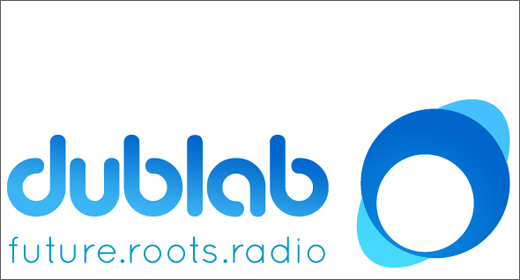
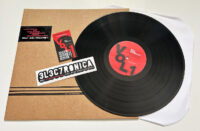
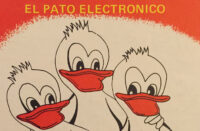
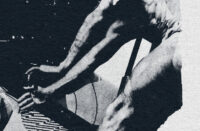

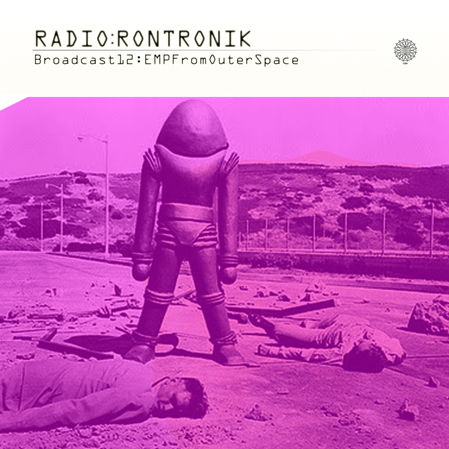
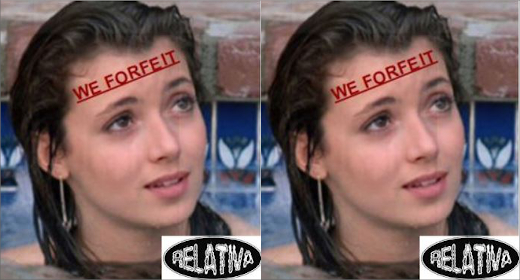
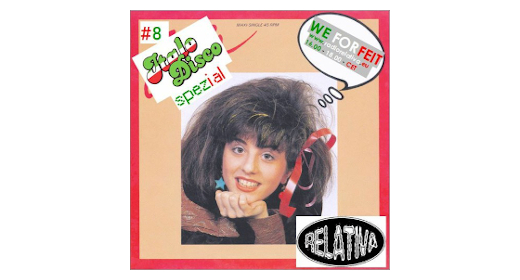
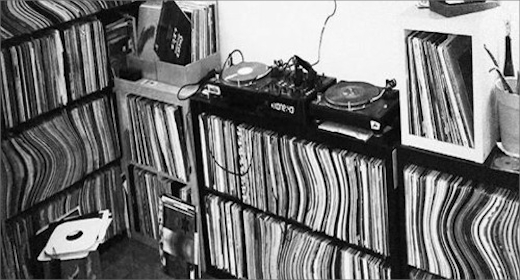


![Pole :: Tempus Remixes (Mute) — [concise]](https://igloomag.com/wp/wp-content/uploads/2025/04/pole-tempus-remixes_feat-75x75.jpg)






![Hasbeen :: Bunker Symphonies II (Clean Error) — [concise]](https://igloomag.com/wp/wp-content/uploads/2025/04/hasbeen-bunker-symphonies-ii_feat-75x75.jpg)
